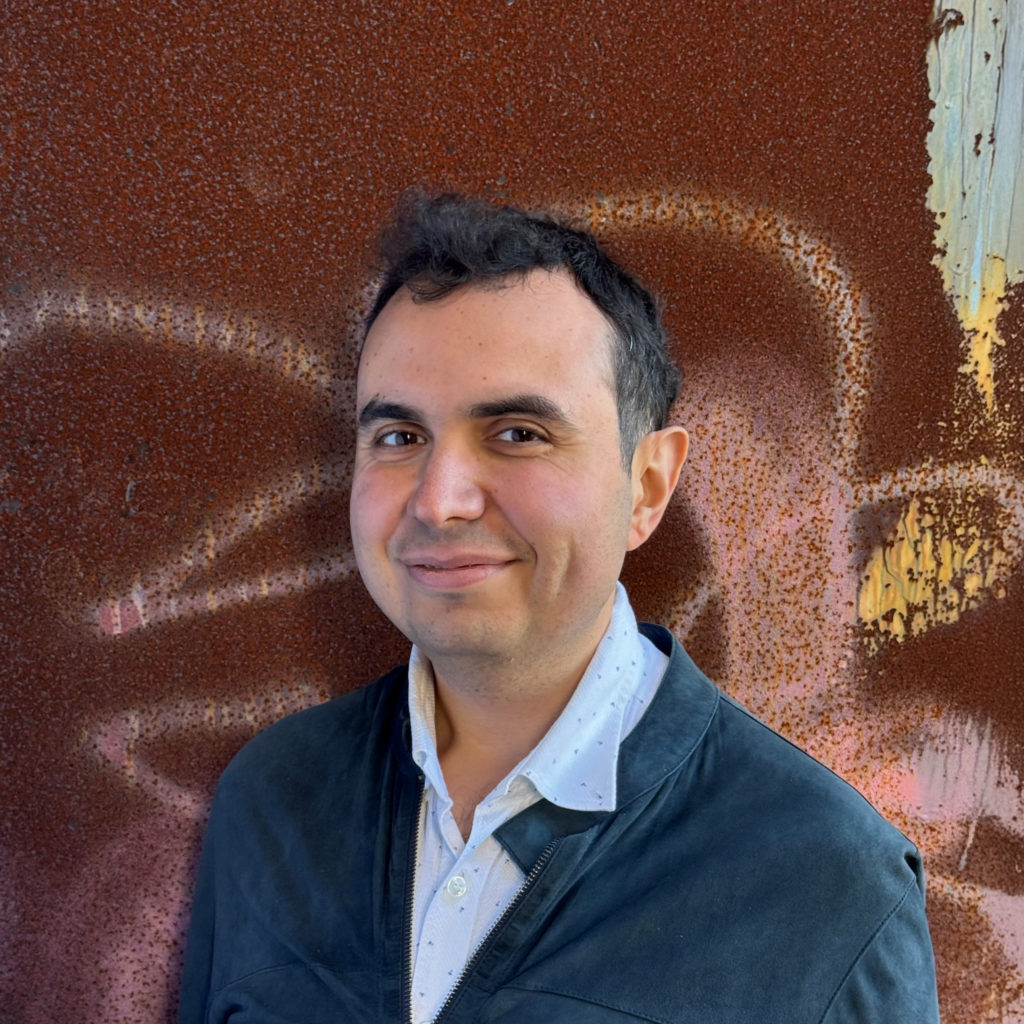The Mediterranean has often been studied as the invention of nineteenth-century Western European scientists, philosophers, and writers, who described the sea as a coherent body of water with a unique history. Their works may have regurgitated institutionalized and fixed accounts that, for example, view the Mediterranean as the cradle of European civilization. In contrast, the authors in this study made sense of themselves as they discussed “their Mediterranean,” i.e., their visions of its history that undermined Orientalist accounts of the sea. These authors, such as Halide Edib Adivar (1884–1964) and Taha Hussein (1889–1973), spent the first years of their lives in the Ottoman Empire. When it ended in 1922, most of them eventually found themselves living under new nation-states of the Middle East and North Africa. They experienced significant political, economic, cultural, and even epistemic upheavals as they witnessed the transformation of the Mediterranean into a domain for which Western European colonial powers competed. Building upon the recent ecocritical and postcritical turn in literary studies, the study shows that these authors “thought with” or “thought alongside” the Mediterranean as they cultivated new political, literary, and cultural visions. It aims at encouraging scholars to move beyond utilizing geographical categories and to view them not as static backgrounds but rather as what Karima Laachir, Sara Marzagora, and Francesca Orsini called “significant geographies,” enabling them to reassess concepts, literatures, and the world.
ASSOZ. PROF. DR. C. CEYHUN ARSLAN
CURRICULUM VITAE
Ceyhun Arslan is Associate Professor of Comparative Literature at Koç University (Istanbul) and Fellow of the Alexander von Humboldt Foundation and at the Forum Transregionale Studien. He is also the co-editor-in-chief of the journal Middle Eastern Literatures. His publications have appeared in journals and edited volumes, such as Middle Eastern Literatures (2016), Comparative Literature Studies (2017), Journal of Mediterranean Studies (2019), Sea of Literatures: Towards a Theory of Mediterranean Literature (2023), and Utopian Studies (2024). His first book, The Ottoman Canon and the Construction of Arabic and Turkish Literatures, has been published by Edinburgh University Press. During his time as a fellow at CURE, he is working on his second book project, tentatively entitled Thinking with the Mediterranean: Concepts, Literatures, and the World Reconfigured on Eastern and Southern Shores.
